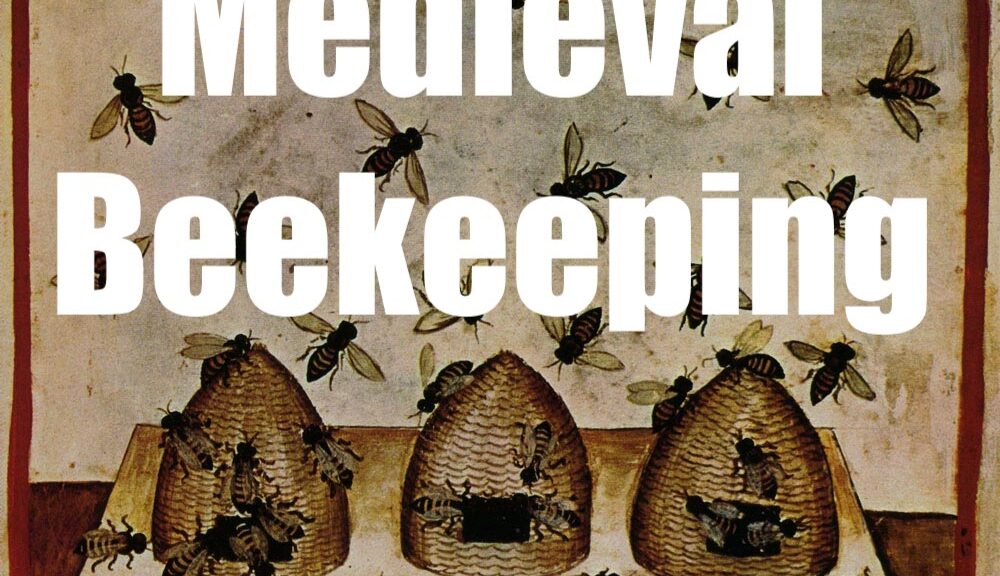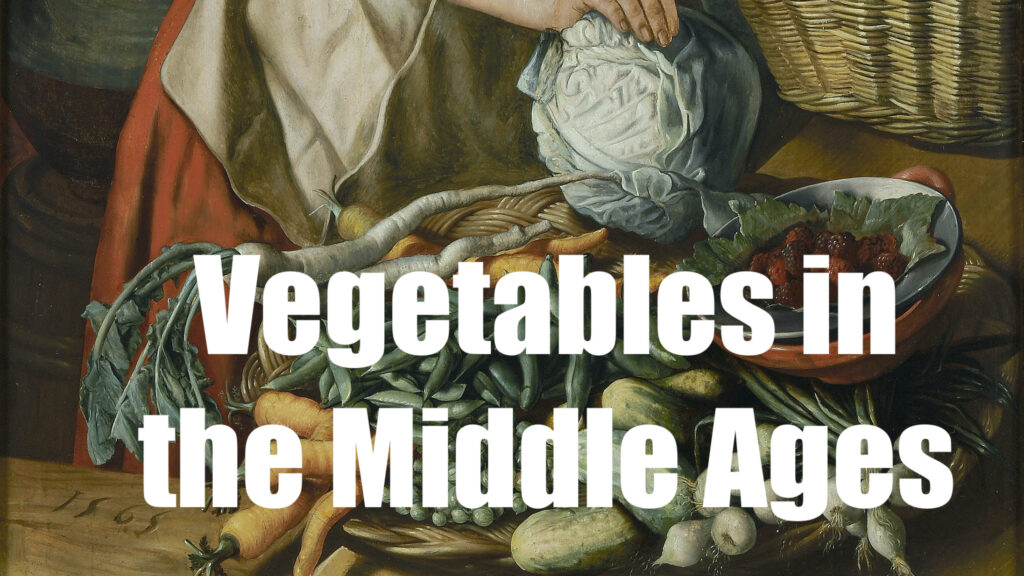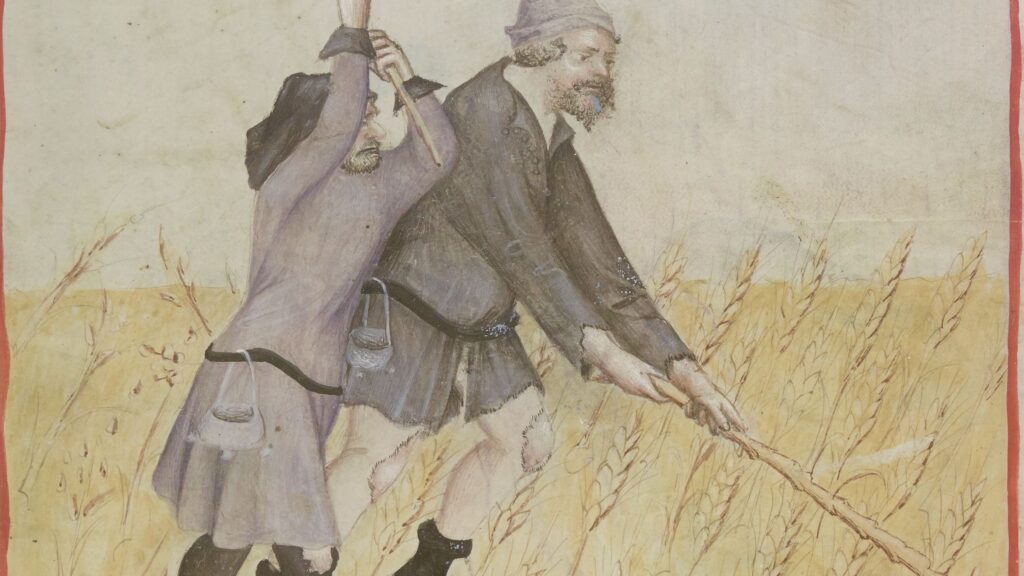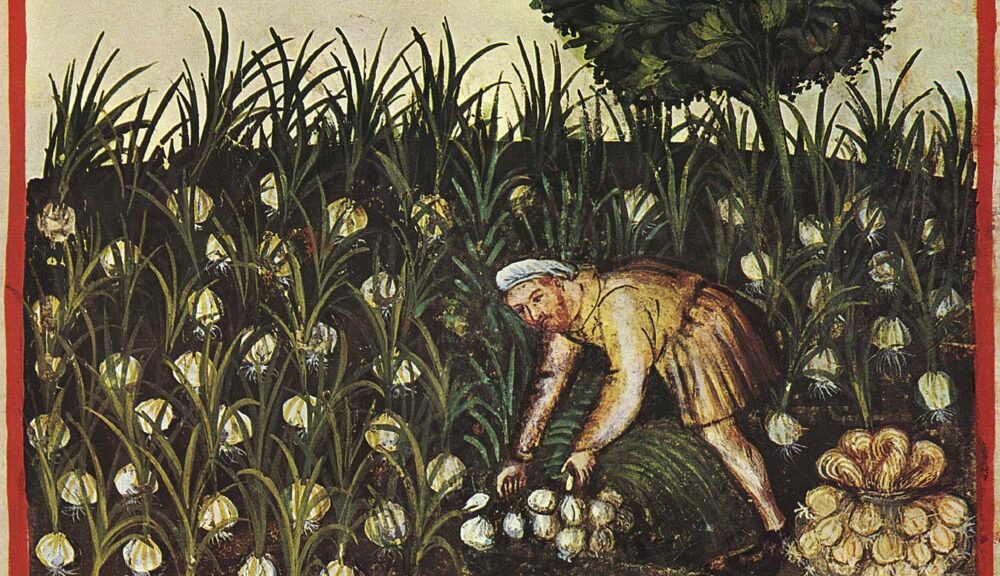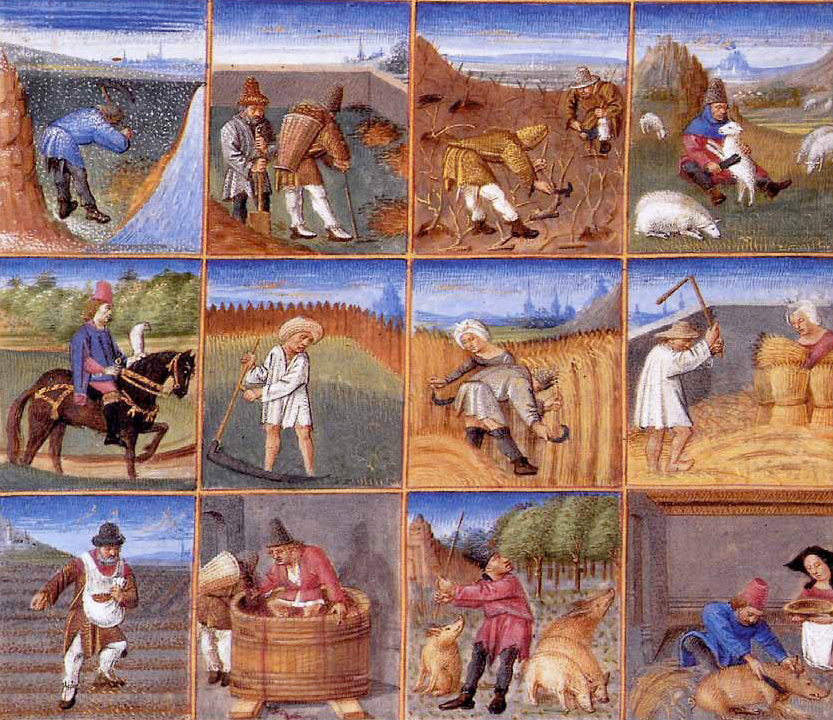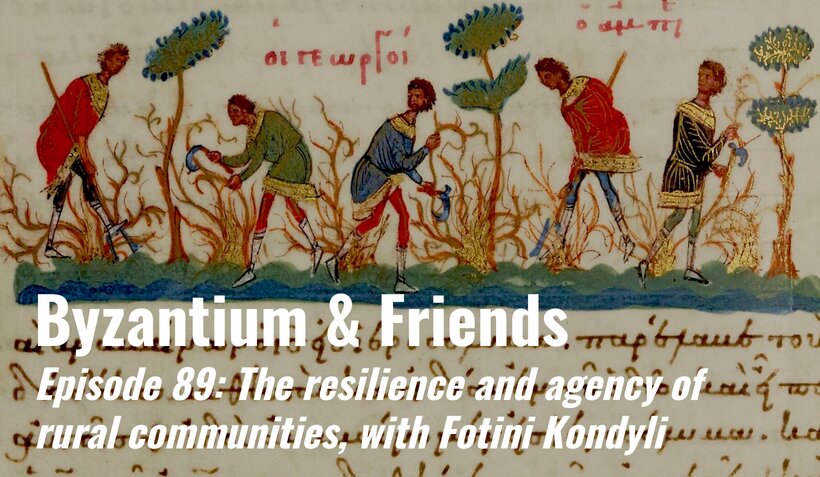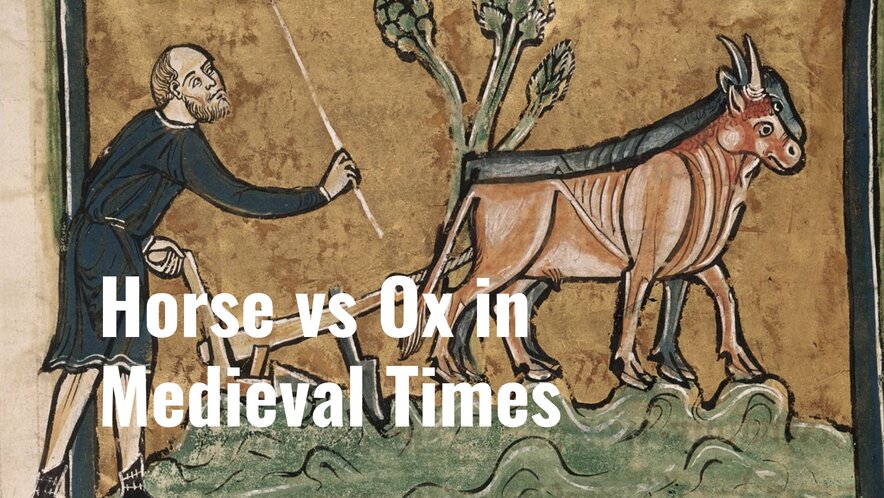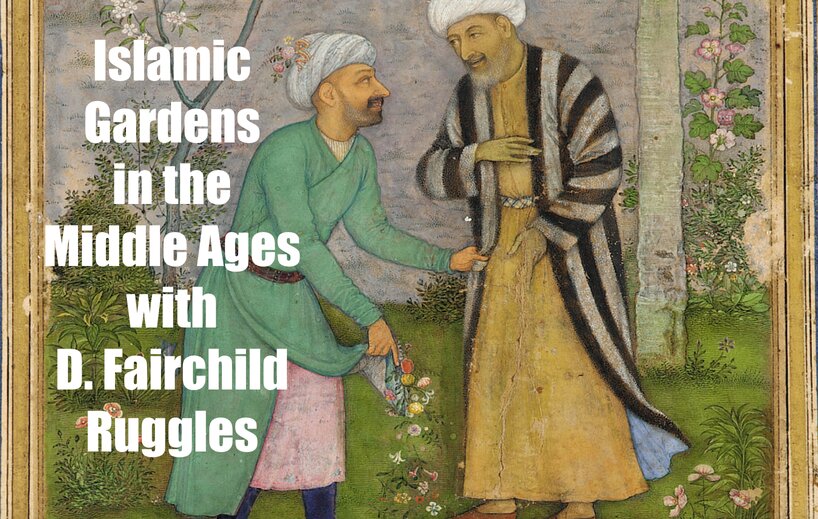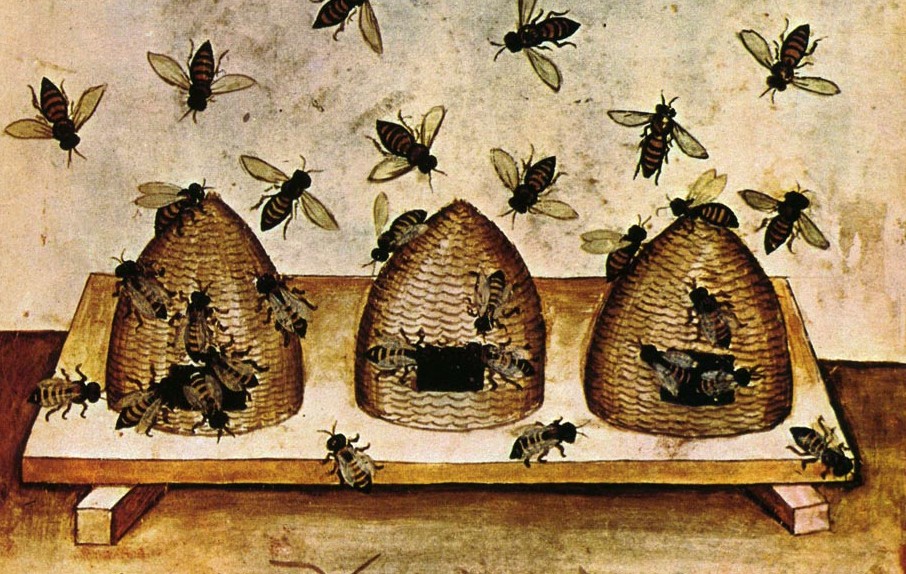The Bees of Byzantium: A 10th-Century Guide to Medieval Beekeeping
Discover how medieval Byzantines kept bees with practical advice from the 10th-century Geoponika, a rare farming manual that covers hives, honey, and the remarkable nature of bees.
What Summer Was Like in the Middle Ages
Discover how people in the Middle Ages endured the heat, managed harvests, treated sunburns, and found ways to keep cool during the summer months.
New Medieval Books: Shortage and Famine in the Late Medieval Crown of Aragon
Food security was a major concern for any medieval society. This book examines how individuals and communities responded to this challenge, particularly during periods of famine.
How to Grow Organic Food like Medieval Farmers
Discover how medieval farmers protected their crops using natural pesticides, prayers, and even insect excommunications—early organic farming at its finest.
Vegetables in the Middle Ages: From Cabbages to Cardoons
Discover the surprising history of medieval vegetables—from carrots and peas to artichokes and cabbages—and how they were grown, eaten, and understood in the Middle Ages.
Rethinking Rye: Study Reveals Medieval Cultivation Was Intensive and Strategic
New research reveals that rye in the Middle Ages was not a humble crop of poor soils but part of a labour-intensive farming system that reinforced social hierarchies.
The Historiography of a Construct: “Feudalism” and the Medieval Historian
Was medieval Europe truly a “feudal” society, or is feudalism a modern construct imposed on the past? This article explores how historians have debated, redefined, and even rejected the term, shaping our understanding of medieval governance and society.
Medieval Farmers Showed Remarkable Efficiency in Land Use, New Study Reveals
Beneath the temperate forests of western Czechia lies evidence of medieval agricultural ingenuity, revealing how farmers prioritised cereal crops, practised fertilisation, and carefully organised their land. A new study has uncovered these insights through soil analysis, offering a unique glimpse into the economic and ecological practices of the Middle Ages.
Urban Gardening in Early Medieval Italy
This paper charts changing attitudes to urban agriculture between the late Roman and early medieval periods, with attention to how Christianity changed people’s views on flowers, how new regional economies affected what people ate, and how people in medieval Italy viewed gardens and gardening.
Polynesian Colonisation Fueled by Sweet Potato: New Archaeological Evidence
Archaeologists have discovered American sweet potato starch granules in early site deposits of Aotearoa/New Zealand’s South Island (Te Waipounamu), revealing how the tuberous root was instrumental to Polynesian colonisation of cooler climate South Pacific islands.
New Medieval Books: The Medieval Pig
Everything you want to know about pigs in medieval Europe. It ranges from how they were farmed in the countryside and city to how they were depicted in literature and art – and of course, how they ended up on people’s dinner plates.
Research on Medieval ‘Green Revolution’ wins award
Four medieval researchers have been awarded the 2024 Antiquity Prize for their article, “Re-thinking the ‘Green Revolution’ in the Mediterranean world.”
The Organization of a Medieval Manor
Medieval manors could be large farms with hundreds of people working there. They had to be managed, and a thirteenth-century treatise known as the Seneschaucy offers a guide to the duties of some of the officials on the manor.
Site of medieval windmill discovered in England
All along the National Highways A428 Black Cat to Caxton Gibbet improvement scheme in central England, we have uncovered ancient ways of life, work, and even play. One outstanding recent discovery with an incredible wealth of finds is the remains of a medieval windmill.
Medieval Fish with Richard Hoffmann
This week on The Medieval Podcast, Danièle speaks with Richard Hoffmann about what people were eating, how they caught it, and how fish farming evolved over time.
How to be a Shepherd in the Middle Ages
What was it like to work on a farm in the Middle Ages? A fourteenth-century shepherd named Jean de Brie offers some insights into his daily life and tips to help you do a good job.
Monthly Tasks on Medieval Farms
What did medieval farmers need to do each year? A fourteenth-century guide breaks down their tasks month by month.
The secrets of defrauding your medieval lord
Imagine yourself working for a medieval lord, running his farm and taking care of his business. Would you be tempted to skim off some of his profits?
The genetic link between medieval and modern grapes
How similar are the grapes you eat to those consumed by people in the Middle Ages? A new study by international researchers has found genetic links between two modern varieties of red and white grapes and grape varieties cultivated over 1100 years ago.
The Medieval Agricultural Revolution: New Evidence
The Medieval Agricultural Revolution: New Evidence Lecture by Helena Hamerow Given at Gresham College on March 23, 2023 Abstract: During the medieval ‘agricultural…
The resilience and agency of rural communities, with Fotini Kondyli
A conversation with Fotini Kondyli about our changing picture of rural communities in late Byzantium. We talk about resilience in times of crisis — the fourteenth century was not an easy one! — and about how we can reimagine and restore the power and agency of these rural non-elites. We also talk about survey archaeology, one of our main tools for accessing these communities.
Horse vs Ox in Medieval Times (And Horse Power vs Horsepower Today)
Up until late medieval times, the ox is preferred to the horse on farms mostly because the animal is cheaper to own and maintain even though the horse is capable of performing and helping with a greater variety of tasks beyond helping to plow fields, and these other functions of the horse include hauling things such as produce and tools and possibly being used for traveling, herding, and hunting if necessary.
Islamic Gardens in the Middle Ages with D. Fairchild Ruggles
The Middle Ages was a time in which people were closely tied to plants and their environment, deeply aware of their potential as a source of food, healing and beauty. Islamic gardens were especially known for their creativity and innovation. This week, Danièle speaks with D. Fairchild Ruggles about their cultural significance and the ingenious ways they were cultivated.
Low water levels along French river help to reveal medieval fishery
The harsh drought across Europe this summer has led to water levels dropping heavily in lakes and rivers. This has led to finds being made along these waterways, which now includes the remains of a 12th-century fishery in France.
Bees in the Medieval Mediterranean: Economic, environmental and cultural perspectives
Bees and bee products were of tremendous cultural significance in the Later Middle Ages
